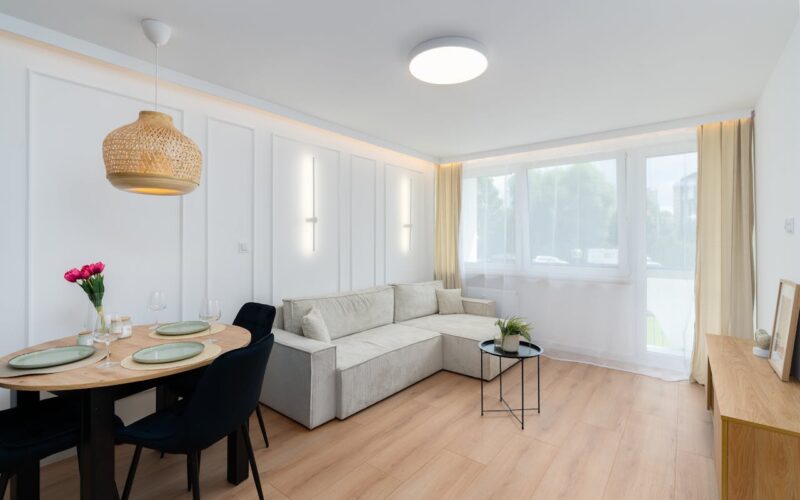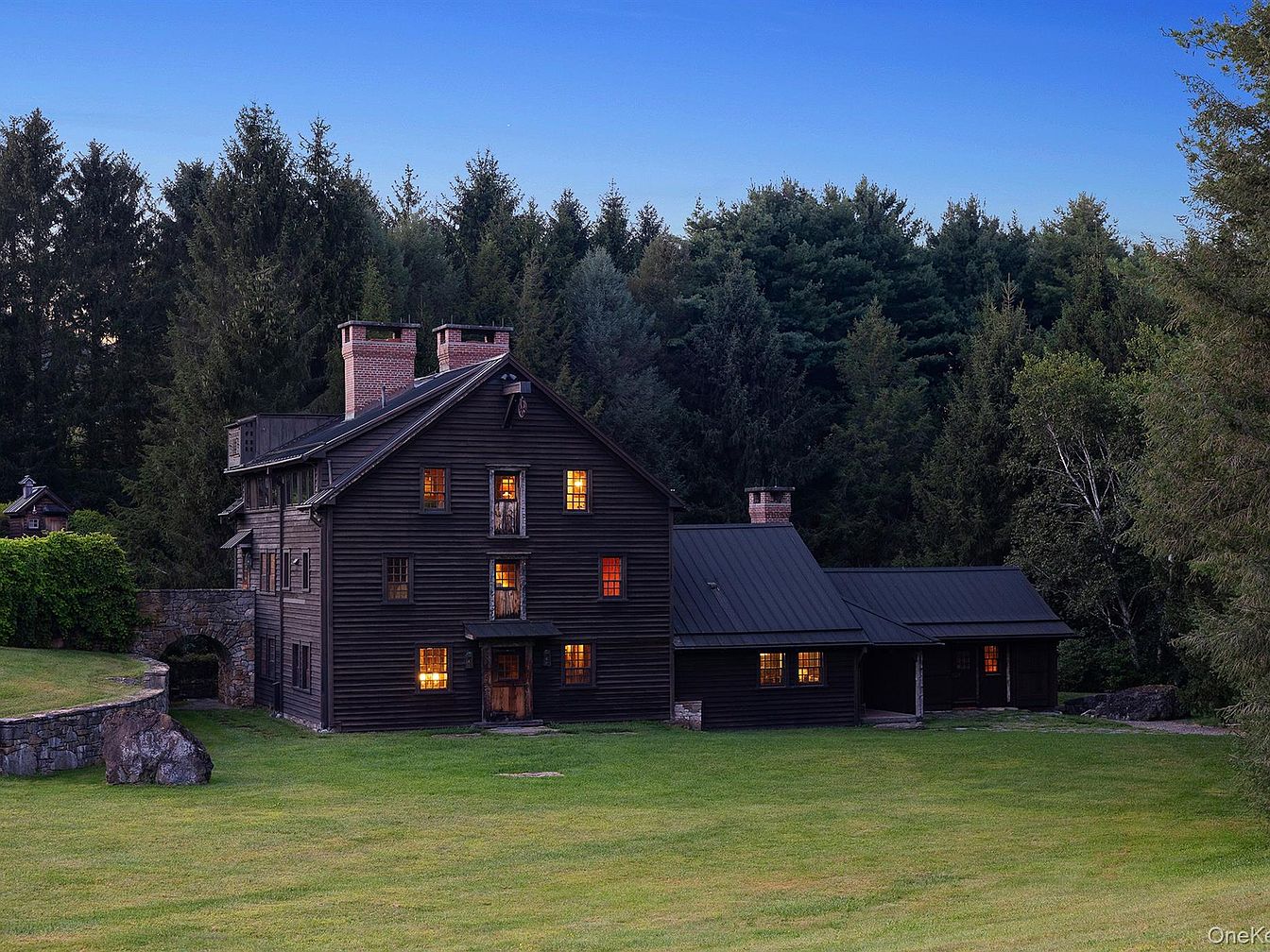Hunting for a new apartment can be exciting, but it’s easy to overlook major issues when you’re focused on moving in fast. From shady landlords to hidden maintenance problems, there are warning signs that should never be ignored. Spotting them early can save you money, stress, and major regret. Whether you’re touring in person or scrolling through listings online, keep your eyes peeled. Here are 12 apartment red flags you should notice right away before signing anything.
1. Strong smells when you walk in
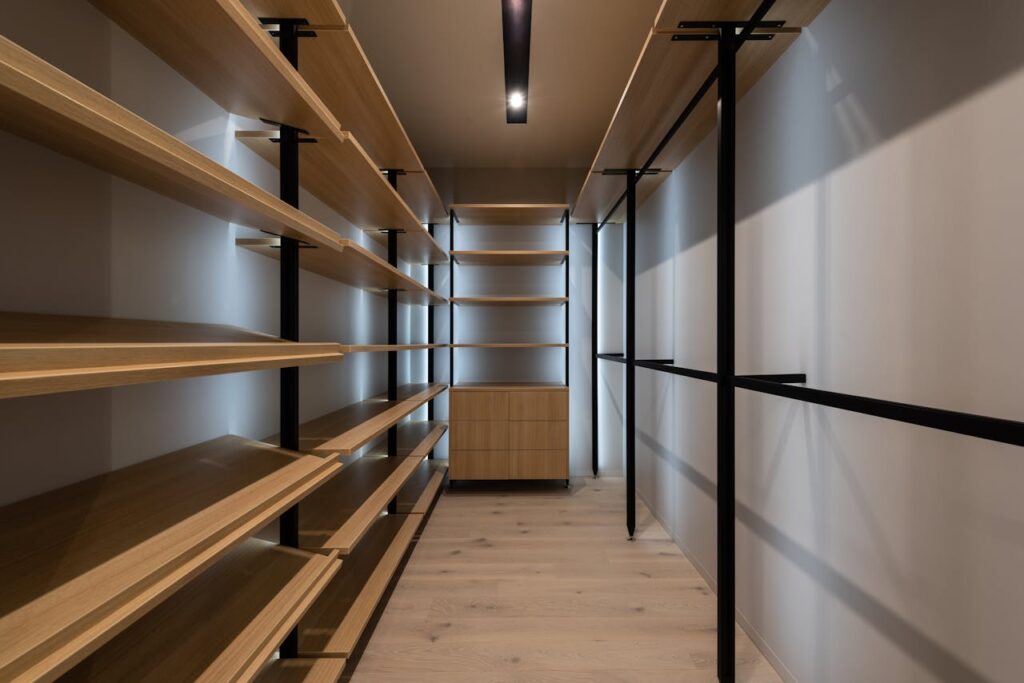
If you’re hit with a heavy scent, like air fresheners, bleach, or musty odors, take note. Landlords sometimes try to cover up problems like mold, smoke, or pet damage using strong smells. Trust your nose. A quick clean should smell fresh, not overpowering. If the scent seems like it’s hiding something, it probably is. Ask about past tenants, recent cleaning, and request a second visit to see if the smell returns once things settle.
2. The landlord avoids written communication
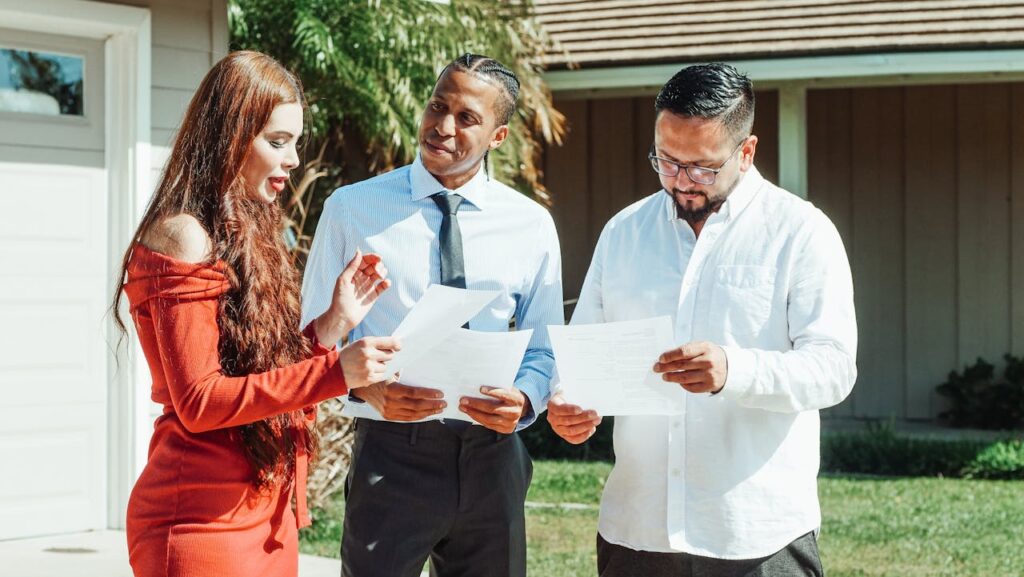
If the landlord only wants to talk on the phone or refuses to give you things in writing, that’s a red flag. Good landlords provide leases, policies, and receipts clearly and officially. If they seem shady about documentation or try to make side deals off the record, think twice. You want everything in writing in case issues come up later. A handshake deal might feel friendly, but it won’t protect you when things go wrong.
3. The building looks neglected
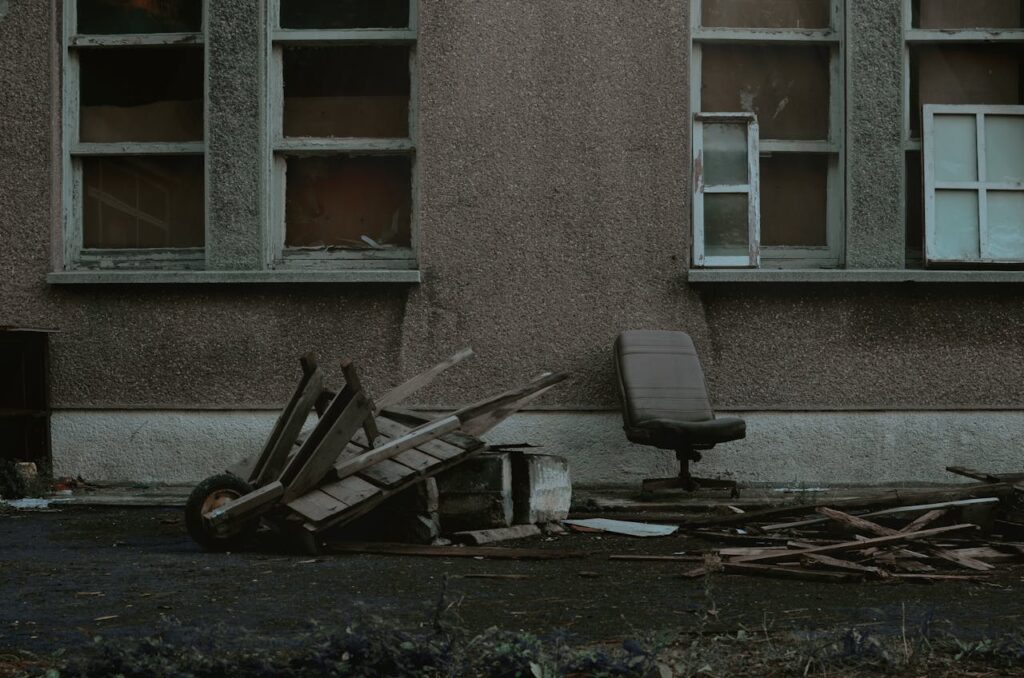
Peeling paint, broken mailboxes, overgrown weeds, and a dirty entryway can tell you a lot. If the outside of the building isn’t cared for, chances are the inside isn’t either. A rundown appearance can mean a landlord who’s not invested in upkeep or repairs. First impressions count. If the building looks forgotten from the outside, it could reflect how much, or how little, attention the landlord gives to tenant comfort and building health overall.
4. Repairs are half-done or missing
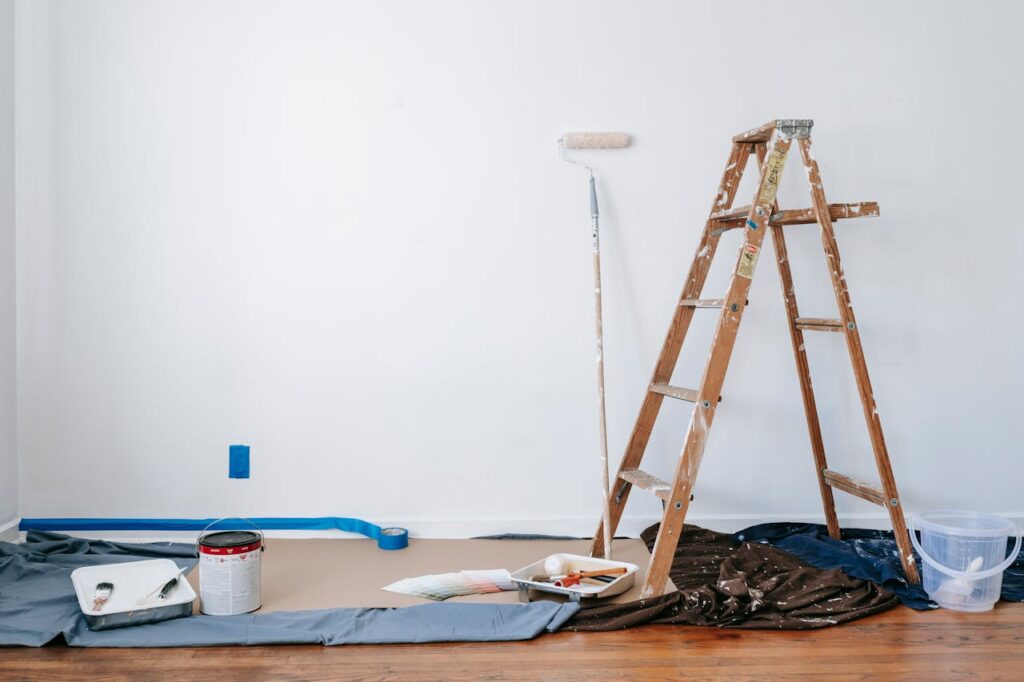
Check faucets, light switches, cabinet doors, and windows. If things feel loose, leaky, or broken, and the landlord says, “We’ll fix it before you move in,” be cautious. Promises are easy; proof is better. Ask for repairs to be completed before signing, or at least get them documented in writing with dates. An apartment that hasn’t been properly prepped could mean ongoing repair issues or slow maintenance once you’re living there.
5. You’re rushed through the tour
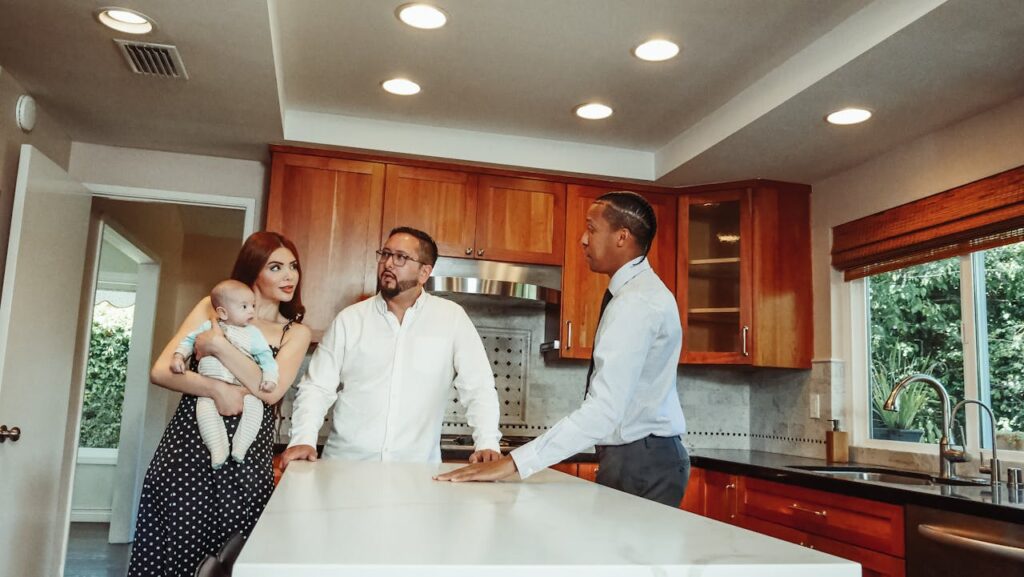
If your landlord or agent speeds through the tour, avoids certain rooms, or discourages questions, something’s off. A good tour should give you time to inspect, ask questions, and imagine yourself living there. Rushing could mean they’re hiding something, like a pest problem, noise issues, or faulty appliances. Don’t let anyone pressure you into a fast decision. If they don’t give you space now, they probably won’t give you support later either.
6. Sketchy neighbors or unsafe vibe
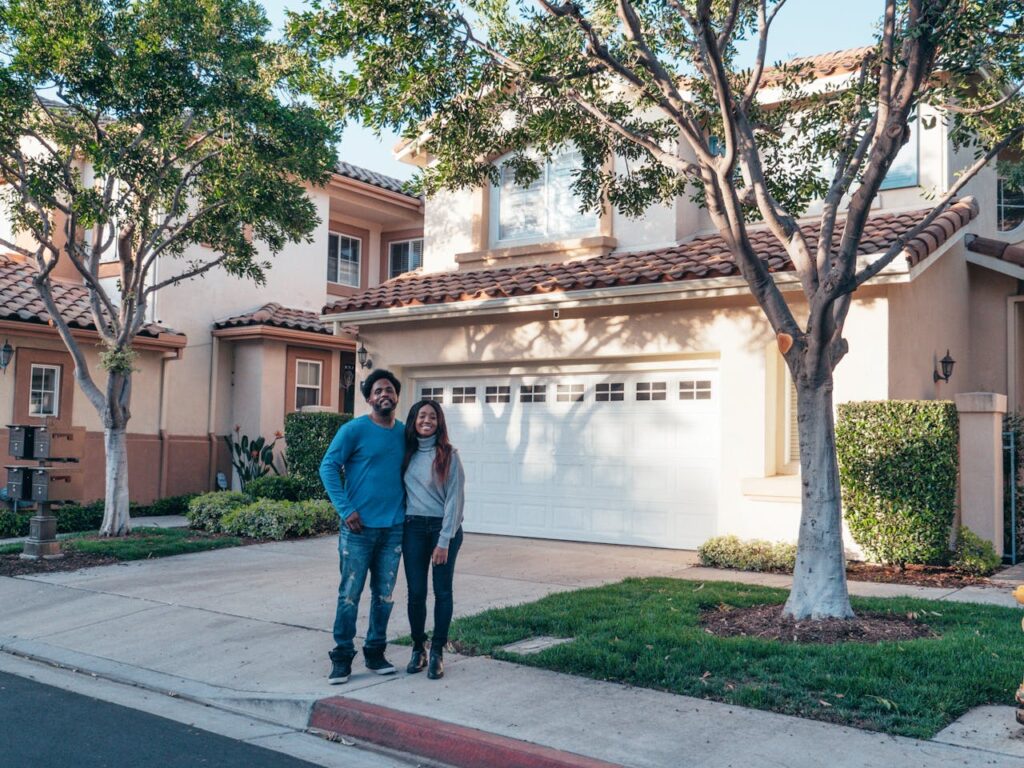
Walk around the building or block and see how it feels. Is it well-lit? Are there people hanging around who make you feel unsafe? Look at security features, locks, cameras,and intercom systems. Even if the apartment is great, the neighborhood matters. If something feels off, trust your instincts. Safety is a daily concern, and no apartment is worth living in fear. Talk to neighbors if you can, they’ll give you the real scoop.
7. Pests or signs of them
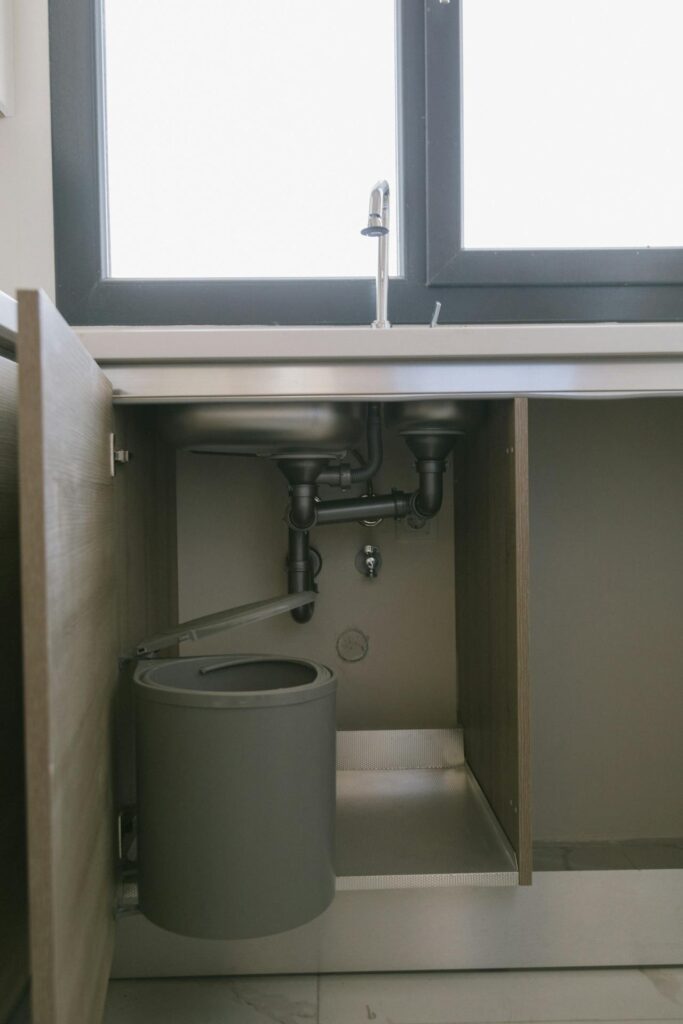
Open cabinets, check corners, and inspect under sinks. Look for droppings, traps, or chew marks. If you see bugs or hear scratching, it’s a hard no. Pests aren’t just annoying, they’re expensive and unhealthy. If a landlord brushes it off or says, “It’s just the season,” that’s a big warning. A clean, well-maintained property shouldn’t have ongoing pest issues. It’s better to walk away than to wake up with roaches crawling on your walls.
8. The rent price seems too low

If the rent seems shockingly low for the area or building, be suspicious. Sometimes, cheap rent means poor maintenance, major issues, or difficult landlords. It could also mean crime, flooding problems, or other reasons that previous tenants left quickly. Always compare nearby listings to see what’s normal. Ask why the rent is so low and listen closely to how they answer. If it sounds too good to be true, there’s probably a catch.
9. Lease terms are unclear
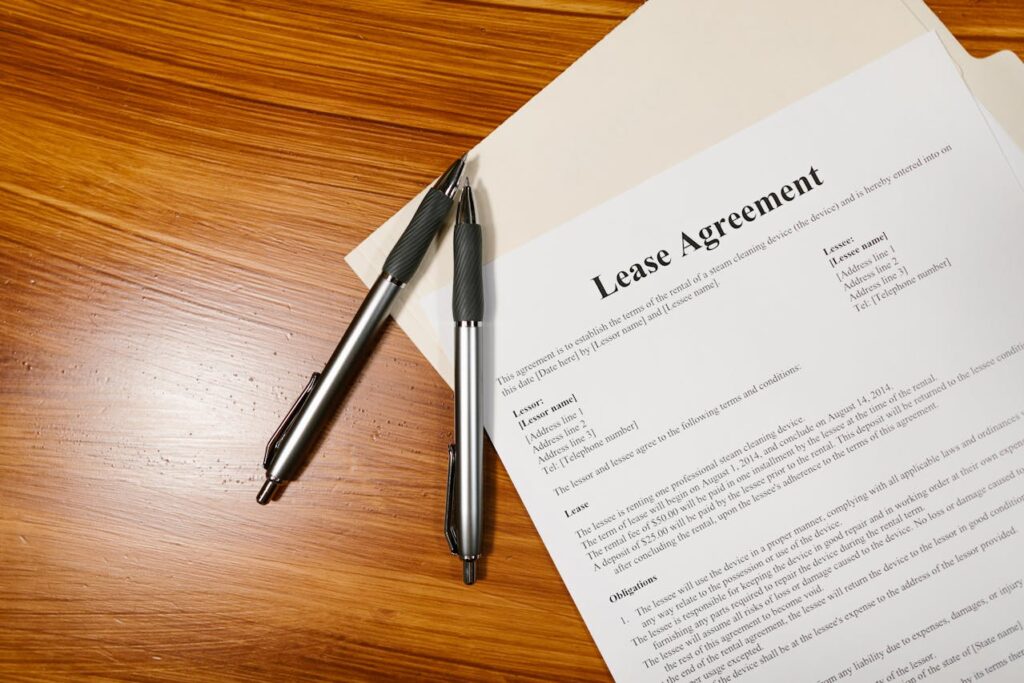
A lease should clearly explain rent, deposits, rules, and your rights. If the lease is handwritten, full of errors, or missing pages, it’s not okay. Read every detail. If something’s vague, like who pays for repairs or how long the lease lasts, get clarification. A solid lease protects both sides. If a landlord refuses to fix unclear language or says, “Don’t worry about it,” worry. That’s how trouble starts later on.
10. Reviews are consistently bad
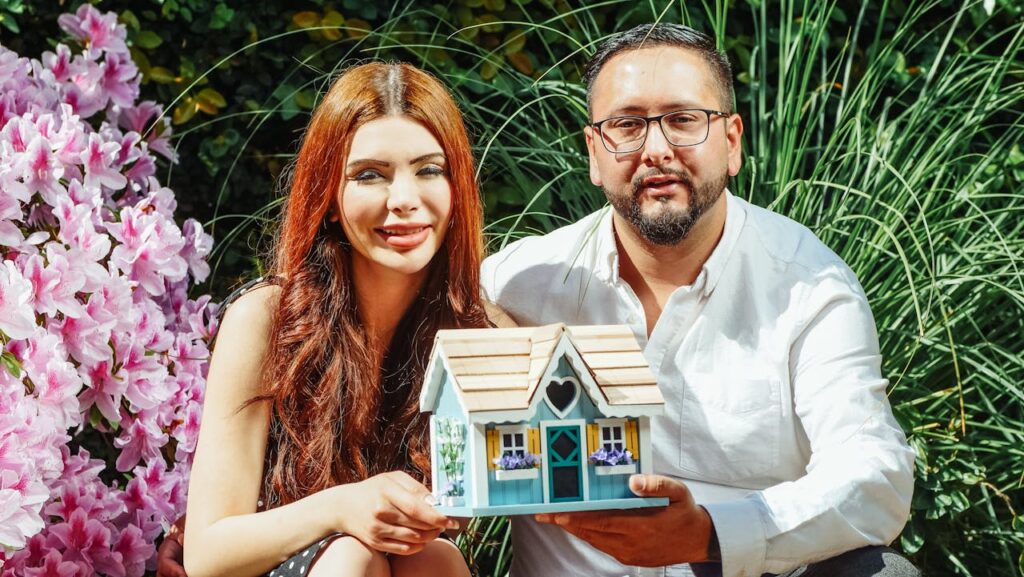
Search the apartment name or landlord online. Look at reviews on Google, Yelp, or apartment websites. One or two bad reviews aren’t unusual, but if you see a pattern of complaints about bugs, ignored maintenance, or lost deposits, take it seriously. Other renters’ experiences can give you a peek into what your future might look like. If you’re seeing warning after warning, don’t assume you’ll be the lucky exception.
11. Poor lighting and ventilation
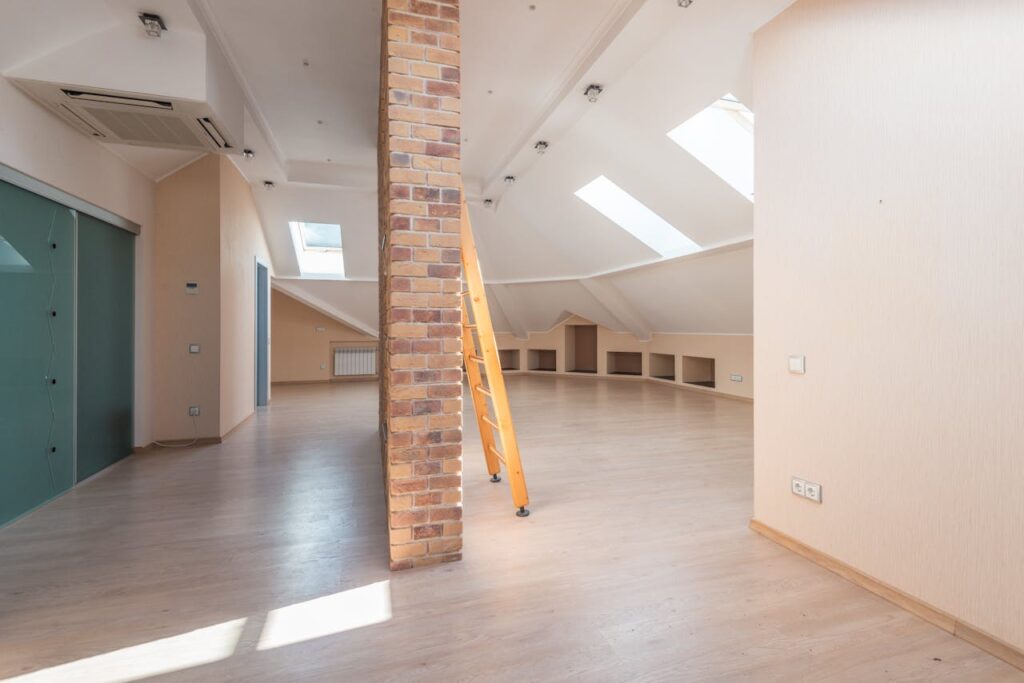
Natural light and airflow aren’t just nice, they’re essential. If the apartment feels dark or stuffy during the tour, it won’t feel better with your furniture in it. Check how many windows there are, whether they open, and how the air feels. A poorly ventilated space can lead to mold and bad odors over time. You’ll be living here daily, don’t underestimate the power of sunlight and fresh air for your mood and health.
12. You can’t meet the landlord
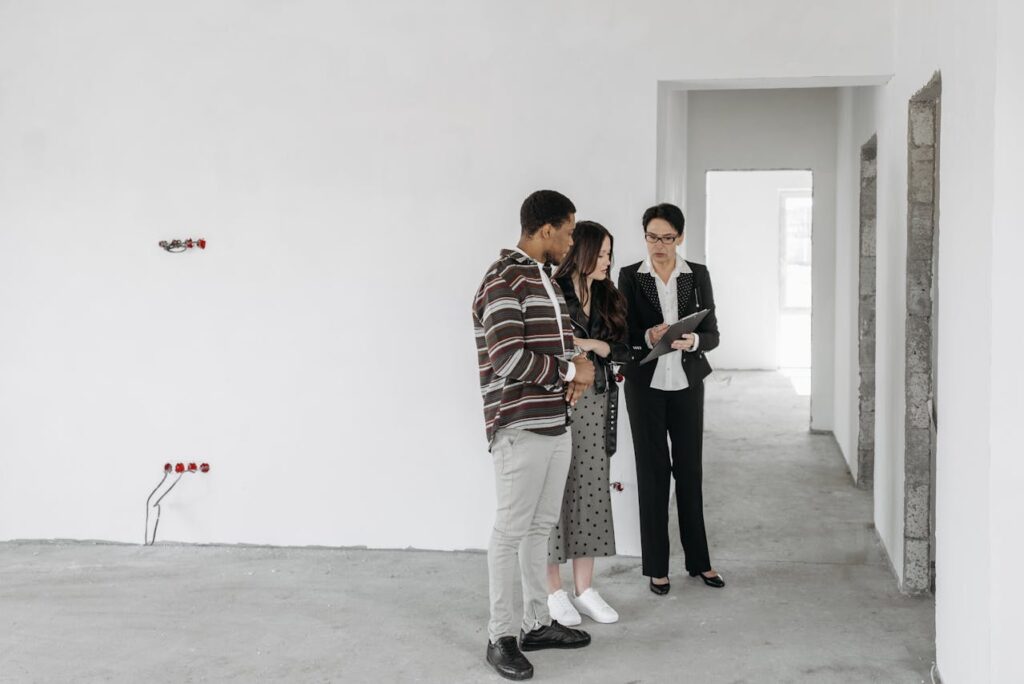
If you’re only dealing with a middleman or property manager and the landlord never appears, even during lease signing, that’s a concern. A responsible landlord should at least be reachable. If the manager keeps dodging your questions or doesn’t know basic info, that’s another red flag. You need to know who’s actually in charge if something goes wrong. A hidden or uninterested landlord often means late repairs and little accountability once you’re locked in.
